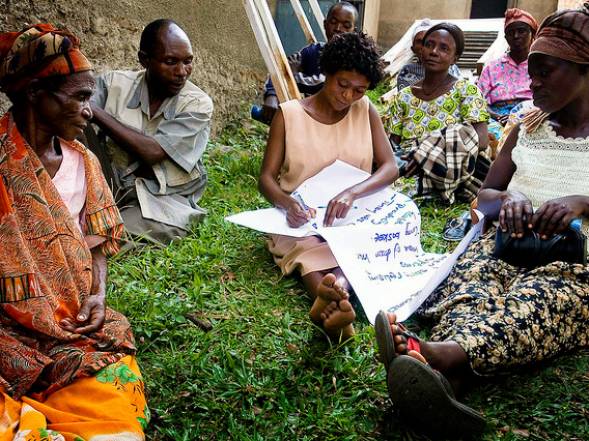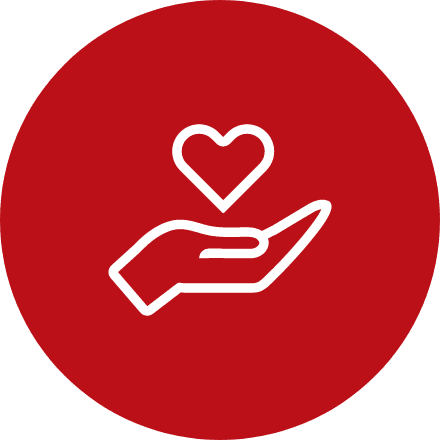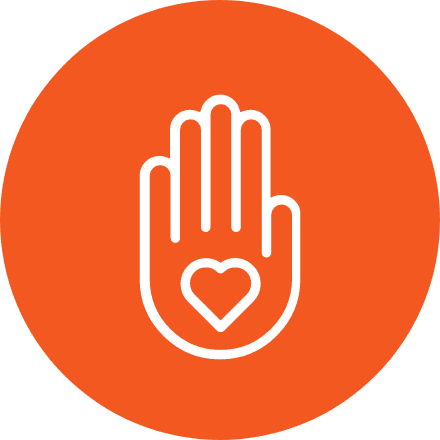Helping older people achieve financial security.
Through advocacy and community programs, HelpAge and our network partners are helping older people in the world’s poorest communities become more financially secure. Along with the direct benefit of avoiding or being lifted out of poverty, having a secure income allows them to invest in their families and communities, making it possible for future generations to thrive.
In the U.S.
Financial Literacy and Older Women
HelpAge USA also does work to improve financial literacy among populations—and particularly older women—in the U.S.
With funding from the Robert Wood Johnson Foundation, the University of Southern California (USC) Center for Economic and Social Research and HelpAge USA conducted research on the implementation of the Tsao Foundation's successful financial literacy program across Asia and the need and opportunity for financial education for older women in the U.S.
Barriers we work to remove
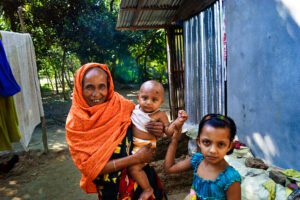
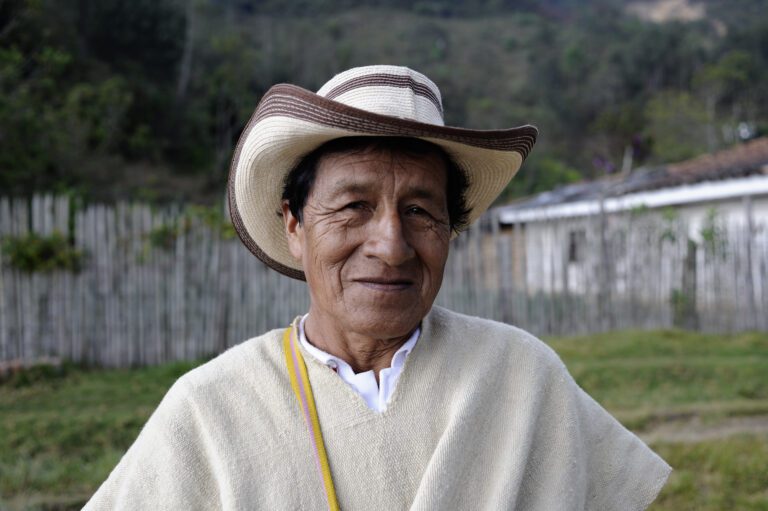
Lack of social protection
Despite working hard all their lives, many people are unable to support themselves in old age. Those employed in informal work like manual labor or caregiving are paid little and excluded from pensions, health insurance, and other entitlements.
Ageism and exclusion
In some countries, older people are denied access to credit or passed over for employment because of their age, even though they are qualified. They may also experience violence and abuse, a growing but underreported problem.
Gaps in data
Data on major development indicators like income security and health are missing for older people. When these incomplete data sets are used for global policymaking, they can perpetuate age discrimination and exclusion.
Our pathways to preventing and ending poverty
Income generation
We develop pathways for older people to earn a living. Our network of close to 8,000 older people’s associations provide a range of resources including low-interest loans and skills training.
Pensions
Social protection systems, such as pensions, are critical to prevent and reduce poverty. We advocate for cash transfers and universal pensions that help older people meet their basic needs and live with dignity.
Education and advocacy
HelpAge educates older people about their rights and entitlement, and advocates for financial institutions to end discriminatory lending and for local governments to increase investments in livelihood programs and trainings.
Income security in India
Working through older people's self-help
groups to improve access to loans.
HelpAge India supports older people’s self-help groups to apply for credit and other financial services. They also advocate for public sector banks to stop lending practices that discriminate against older people. As a result, the self-help groups obtained bank loans of around 49,000 rupees (770 USD) each to run revolving loan programs.
HelpAge India’s model of older people self-help groups has been so successful that it’s been adopted by the Ministry of Rural Development and federated into more formal community institutions. By garnering government support, these self-help groups are now also eligible to receive grants and trainings in two states through India’s National Rural Livelihood Mission.
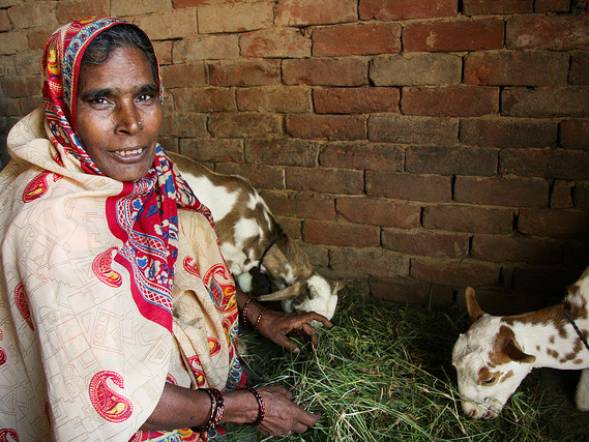
Currently, HelpAge India supports 5,543 groups with 67,014 older members across the country.
Social pensions in the Philippines
Improving how pensions are delivered
The HelpAge Global Network, with our member, the Coalition of Services for the Elderly (COSE) in the Philippines, published The Philippine social pension at four years: insights and recommendations. This study demonstrated that many people who were eligible for the national social pension were not receiving it. By sharing these key findings with the Government, we helped double both the budget for the pension and the number of people eligible.
Our advocacy work in the Philippines continues to center on advancing a universal pension, providing all older people above a certain age with a basic income. Based on our analysis, the cost of a universal pension would be modest and could be expanded gradually. Currently, the pension accounts for just 0.1% of GDP. Universalizing the current national program would only cost an additional 0.2% of GDP.
The core of our work in the Philippines is engaging older people in leadership and advocacy. We worked with COSE and the Philippines Office for Senior Citizens Affairs to set up help desks, mechanisms for older people to access information and provide feedback on social services. The help desks also provide a way for older people to report elder abuse.
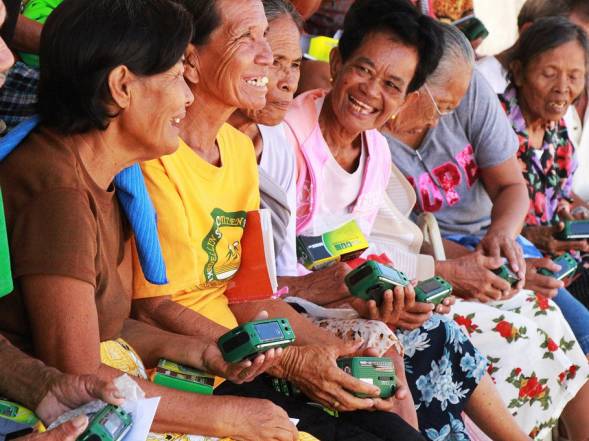
Learn More
Work, family, and social protection: Old age income security in Bangladesh, Nepal, the Philippines, Thailand, and Vietnam highlights the sources of income that older people rely on, and recommends collecting better data on this. Read Now
Old Age Income Security in the Philippines discusses the challenges to a secure income for older people and the positive impact that a social pension can have on livelihoods at a limited cost. Read Now
Livelihoods in Uganda
Expanding a pension program to help older people meet their basic needs
In Uganda, more than 1.5 million older people experience poverty, loneliness, and isolation. They’re largely excluded from social services and livelihood programs, even though, of an estimated 1.7 million children orphaned in Uganda due to HIV/AIDs, 50% are cared for by an older person.
We supported Uganda Reach the Aged Association (URAA), a member of the Uganda Social Protection Platform, to advocate for an expansion of the Senior Citizens Grant in Uganda. The grant was a social pension designed to reduce poverty in old age by providing a minimum level of income security. We assisted URAA to educate Uganda’s Ministry of Gender, Labor, and Social Development on the benefits of expanding pension coverage and ways to improve its implementation. Currently, eligible older Ugandans receive $7 a month through the grant.
Through our coordinated advocacy, the Government of Uganda committed to extending the pension program from 40 to 45 districts. By expanding to five more districts, almost half the country now have access to pension coverage.
